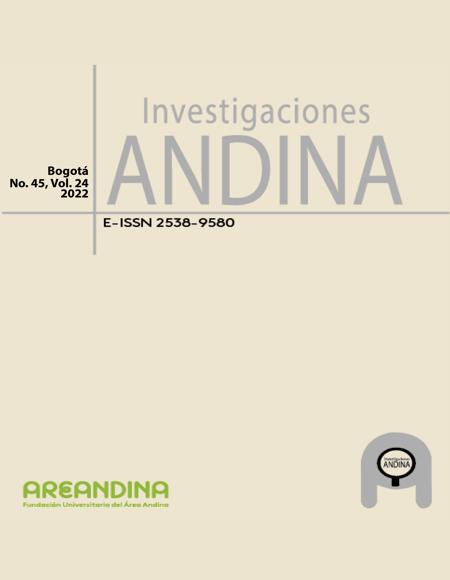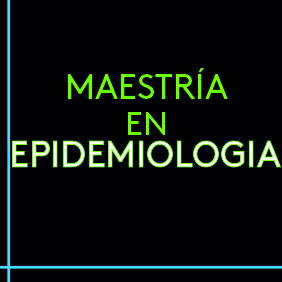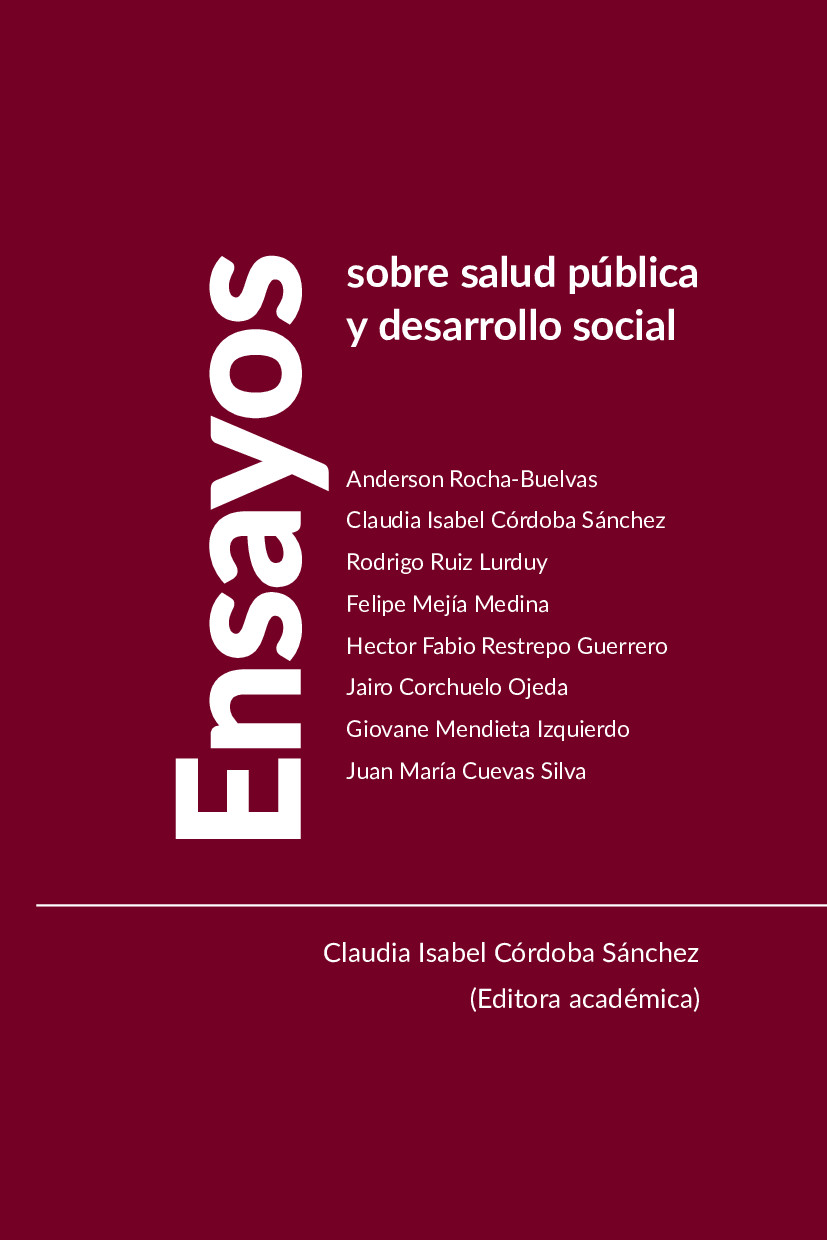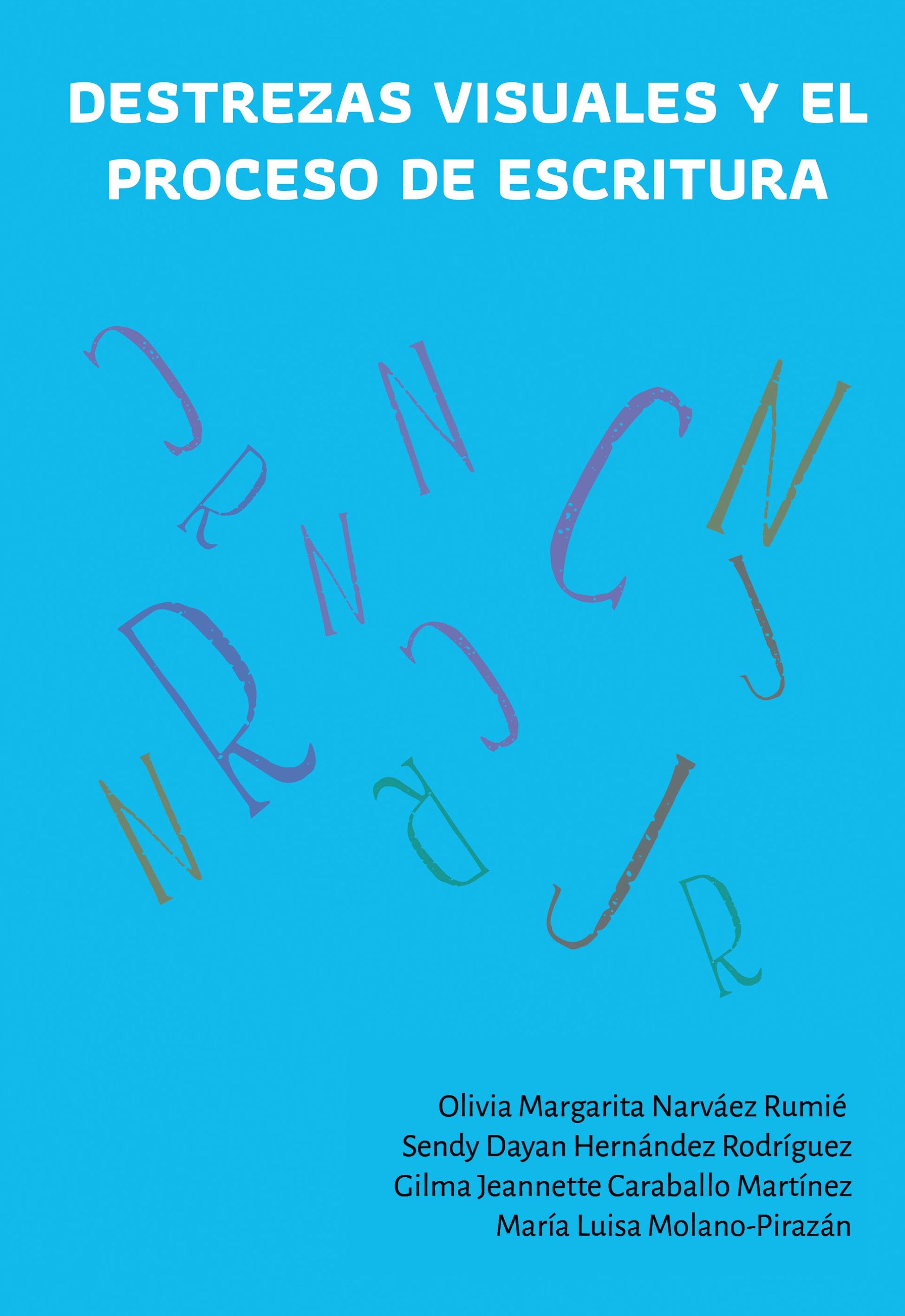Resumen
La implementación de Chat GPT en la docencia universitaria puede mejorar significativamente la calidad de la enseñanza al permitir la personalización del aprendizaje, permitiendo a los estudiantes expresar sus dudas y preguntas de manera personalizada y obtener respuestas específicas y relevantes en tiempo real. Chat GPT puede adaptarse a las necesidades y estilos de aprendizaje individuales de los estudiantes. Entre muchas de las tareas que soporta esta herramienta se encuentran la traducción a múltiples idiomas, la capacidad de sintetizar texto, generar imágenes a partir de texto e incluso ser un excelente ayudante en tareas de programación.
Licencia
Los autores deben declarar la no existencia de conflictos de intereses ya sea por motivos de financiación del proyecto del cual es resultado el artículo; así como por motivos intelectuales, académicos, morales e investigativos.
La Revista de Investigaciones Andina se acoge a las normas éticas para publicaciones dadas por el COPE: http://publicationethics.org/resources/code-conduct
Citas
2. Stock, L. (2023, 24 enero). ChatGPT is changing education, AI experts say — but how? dw.com. https://www.dw.com/en/chatgpt-is-changing-education-ai-experts-say-but-how/a-64454752
3. Cotton, D. R., Cotton, P. A., & Shipway, J. R. (2023). Chatting and Cheating: Ensuring academic integrity in the era of ChatGPT. Innovations in Education and Teaching International, 1-12.
4. Lund, B. D., & Wang, T. (2023). Chatting about ChatGPT: how may AI and GPT impact academia and libraries?. Library Hi Tech News.
5. Jalil, S., Rafi, S., LaToza, T. D., Moran, K., & Lam, W. (2023). Chatgpt and software testing education: Promises & perils. arXiv preprint arXiv:2302.03287.

 PDF
PDF
 FLIP
FLIP
 XML
XML

















